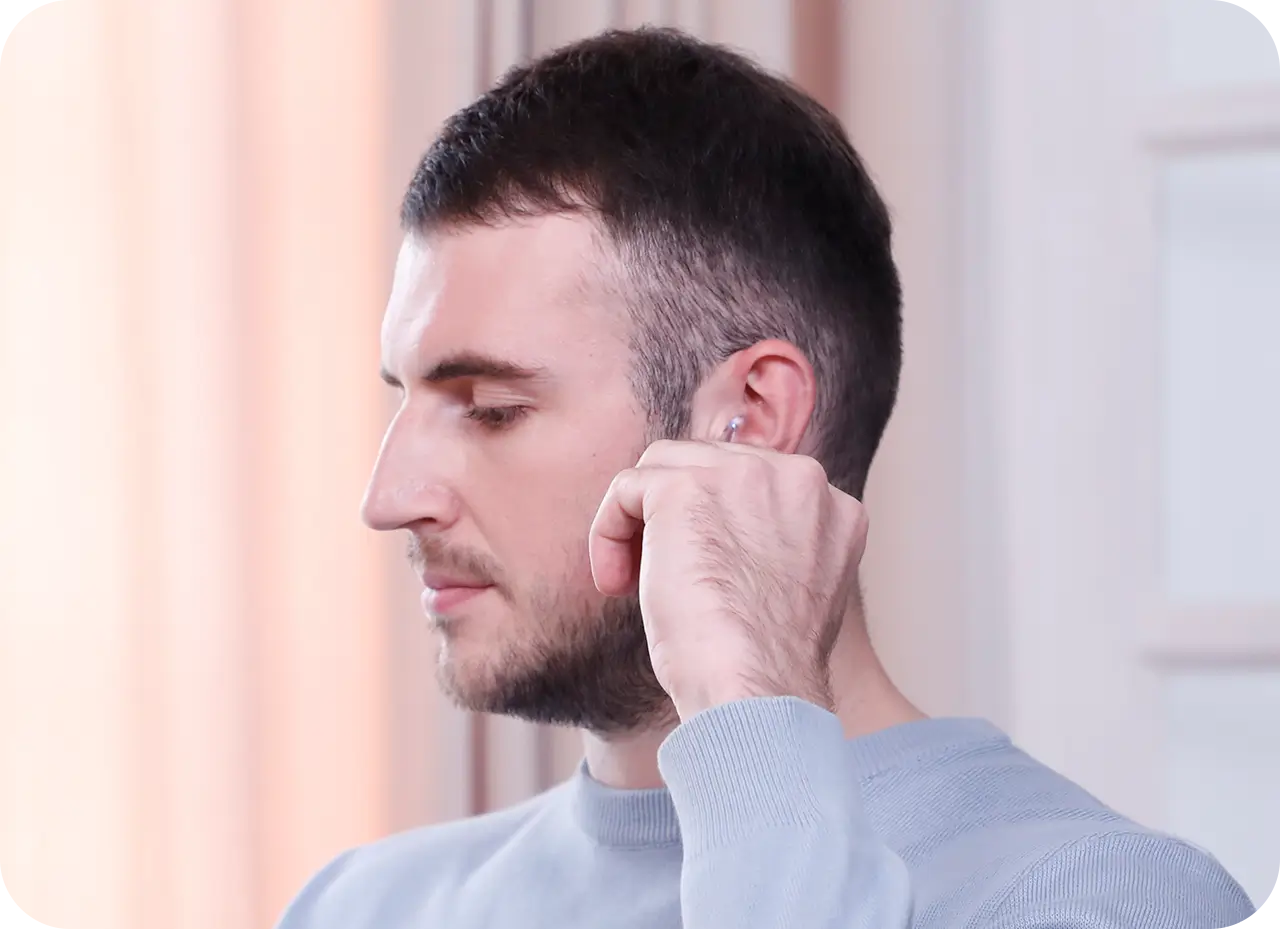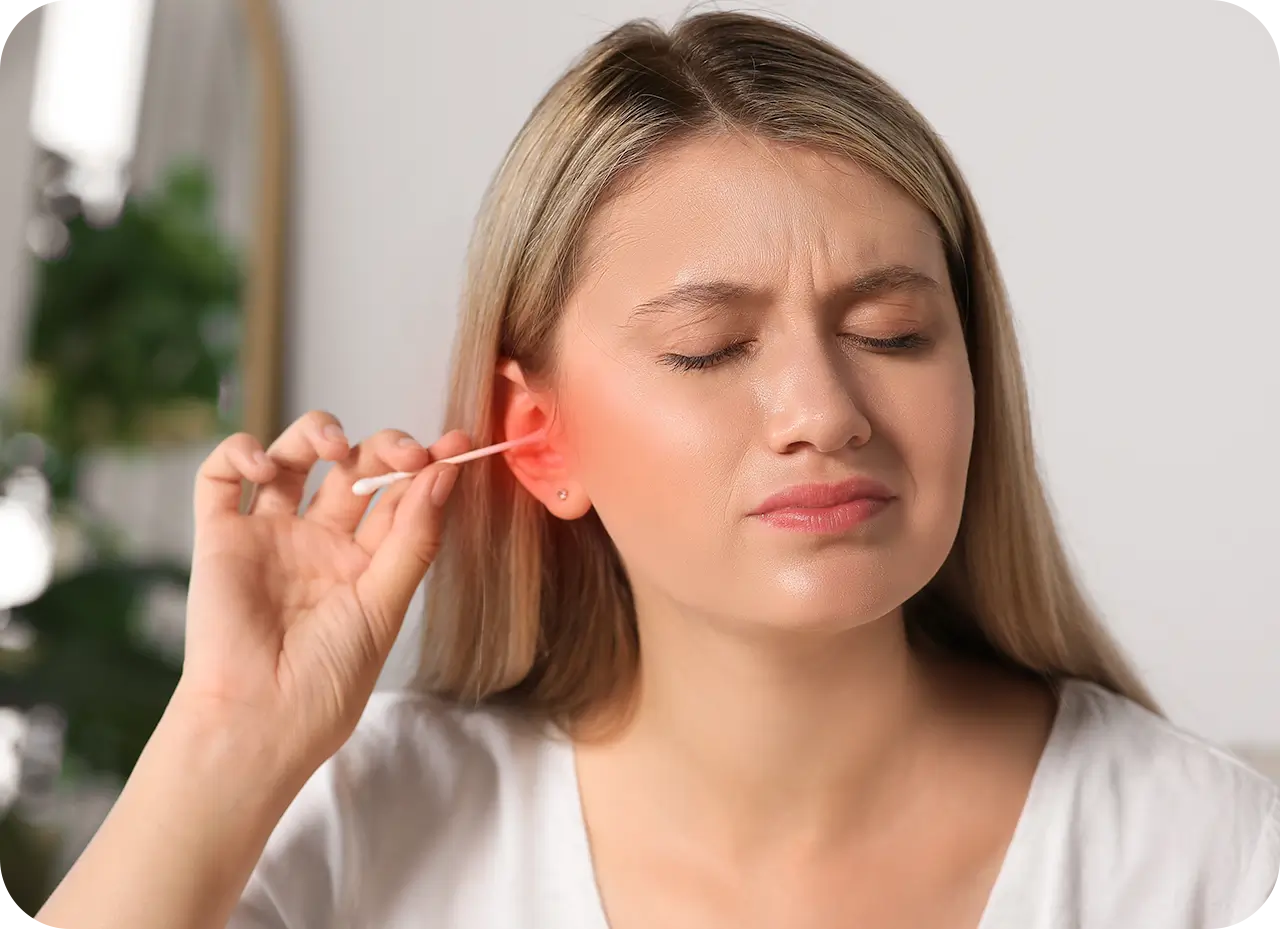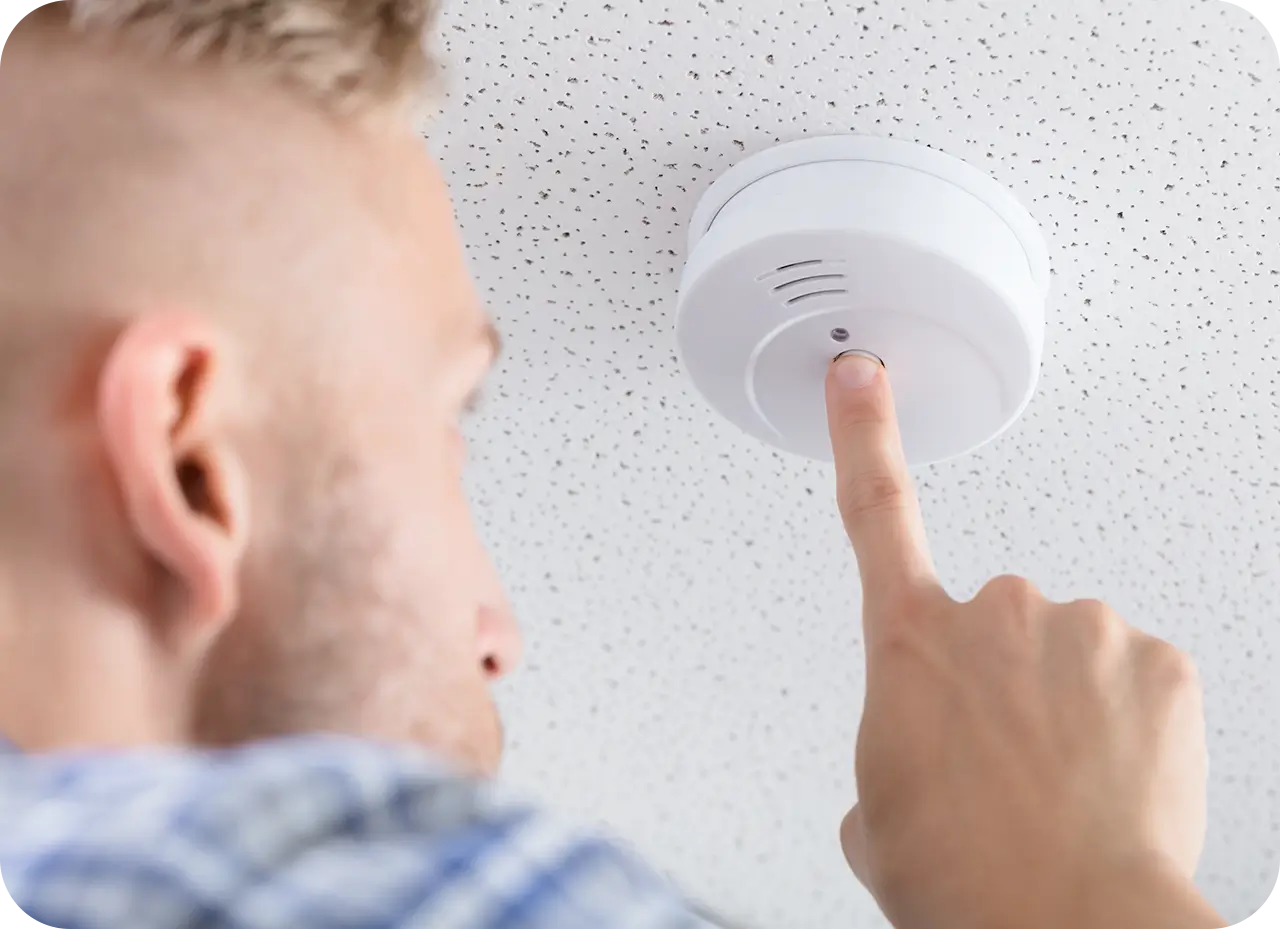If you’ve noticed blood after cleaning your ears, don’t panic. In most cases, it’s caused by minor scratches or irritation and can be managed safely at home. However, it’s important to act carefully to avoid further damage and monitor for any signs of a more serious issue.
This guide will help you:
-
Understand why ear bleeding happens.
-
Take immediate steps to address it.
-
Recognize when it’s time to seek medical attention.
With the right care, your ears can recover quickly, and you’ll feel confident knowing how to prevent this from happening again.
Why Does Ear Bleeding Happen After Cleaning?
Ear bleeding after cleaning is often a result of the ear canal’s delicate structure and improper cleaning techniques. Understanding the most common causes can help you avoid further harm and make necessary adjustments to your routine.
-
Scratches or Abrasions
The skin inside your ear canal is thin and sensitive. Using cotton swabs, fingernails, or sharp objects can easily scratch or tear this fragile area, leading to light bleeding.
-
Over-cleaning or Excessive Force
Many people mistakenly believe their ears need frequent deep cleaning. Over-scrubbing or pushing too hard during cleaning can irritate or damage the ear canal lining, causing it to bleed.
-
Dry or Hardened Wax
If earwax becomes dry or compacted, attempts to remove it may pull or tear the skin, leading to minor bleeding. This is more common if you haven’t softened the wax beforehand.
-
Underlying Conditions
Infections, inflammation, or thin skin due to medical conditions can make the ear canal more prone to bleeding, even with gentle cleaning.
Is It Normal for Ear Bleeding to Happen Without Pain?
Yes, minor ear bleeding without pain is common. The ear canal has relatively few nerve endings, so small scratches or abrasions might not hurt. However, if bleeding persists or is accompanied by other symptoms like dizziness, discharge, or hearing loss, it could indicate a deeper issue that requires medical attention.
Related: Can You Massage Ear Wax Out?
First Aid for Ear Bleeding
If you notice bleeding after cleaning your ears, the key is to act calmly and carefully. Following these steps will help you manage the situation effectively while minimizing the risk of further damage.

-
Stop Cleaning Immediately
Avoid inserting anything further into the ear. This prevents additional irritation or injury.
-
Clean the Outer Ear Gently
Use a clean, damp cloth or sterile gauze to wipe away visible blood.
Avoid rinsing or inserting anything into the ear canal, as this could disrupt the healing process.
-
Apply Gentle Pressure
If the bleeding is light, press a sterile piece of gauze against the outer ear. Hold it there for a few minutes to help stop the bleeding.
-
Keep the Area Dry
Avoid water exposure, such as during showers, until the bleeding has fully stopped. Moisture can slow healing and increase the risk of infection.
What Not to Do
-
Don’t use cotton swabs to stop the bleeding—they can push debris or wax deeper.
-
Don’t rinse with water or solutions unless directed by a doctor.
When to Reassess
Monitor the bleeding over the next 24 hours. If it stops and no additional symptoms appear, the injury is likely minor.
By following these steps, you can protect your ear and support its natural healing process.
Should You Be Concerned About Ear Bleeding?
In most cases, ear bleeding after cleaning is not a cause for alarm. If the bleeding is light, stops within a few minutes, and isn’t accompanied by other symptoms like pain or dizziness, it’s likely due to a minor scratch or irritation. These situations are usually harmless and resolve on their own with proper care.
However, there are signs that indicate the need for medical attention:
-
Persistent Bleeding: If the bleeding lasts more than 24 hours or keeps recurring.
-
Accompanying Symptoms: Severe pain, hearing loss, dizziness, or discharge with a foul smell.
-
Suspected Eardrum Injury: A sharp pain, sudden hearing changes, or a popping sensation during cleaning could signal a perforated eardrum.
If you experience any of these issues, it’s important to consult a healthcare professional. A doctor can use specialized tools to assess the damage, clean the area safely, and provide treatment if needed. Acting promptly not only helps resolve the immediate issue but also prevents complications that could impact your hearing.

How to Avoid Ear Bleeding Next Time
Preventing ear bleeding involves making small yet effective changes to your ear care routine. Here are key adjustments to keep in mind:
1. Avoid Cotton Swabs
Cotton swabs often push wax deeper into the canal or scratch sensitive skin. Instead, use safer alternatives like:
Ear Cleaning Kits: Soft-tipped tools designed for gentle wax removal.
Earwax-Softening Drops: Loosen wax naturally for easy cleaning.
2. Limit Cleaning Frequency
Your ears are self-cleaning, and over-cleaning can irritate the canal or strip away protective layers.
Clean your ears no more than once a week.
Focus on cleaning the outer ear only; avoid inserting anything deep into the canal.
3. Be Gentle During Cleaning
Use light pressure and avoid aggressive scrubbing to prevent scratches or tears.
4. Use Safe Ear Cleaning Tools
Opt for tools specifically designed to clean ears safely, such as ear cleaning kits with ergonomic designs or built-in cameras. For example, Bebird offers innovative ear-cleaning devices that combine precision with safety. With soft tips and built-in cameras, Bebird tools allow you to see inside your ear canal and remove wax gently, reducing the risk of accidental damage.
By adopting these habits, you can reduce the risk of future ear bleeding while maintaining healthy ears.
Conclusion
Noticing ear bleeding can feel unsettling, but with the right care, it’s usually nothing to worry about. By understanding what causes it, taking quick action, and switching to safer cleaning habits, you can protect your ears and prevent future issues. Tools like Bebird’s ear cleaning devices offer a gentle, effective way to care for your ears without risking injury—because your ears deserve the best.
Related: Do Ear Cleaning Kits Work?
















Leave a comment
All comments are moderated before being published.
This site is protected by hCaptcha and the hCaptcha Privacy Policy and Terms of Service apply.